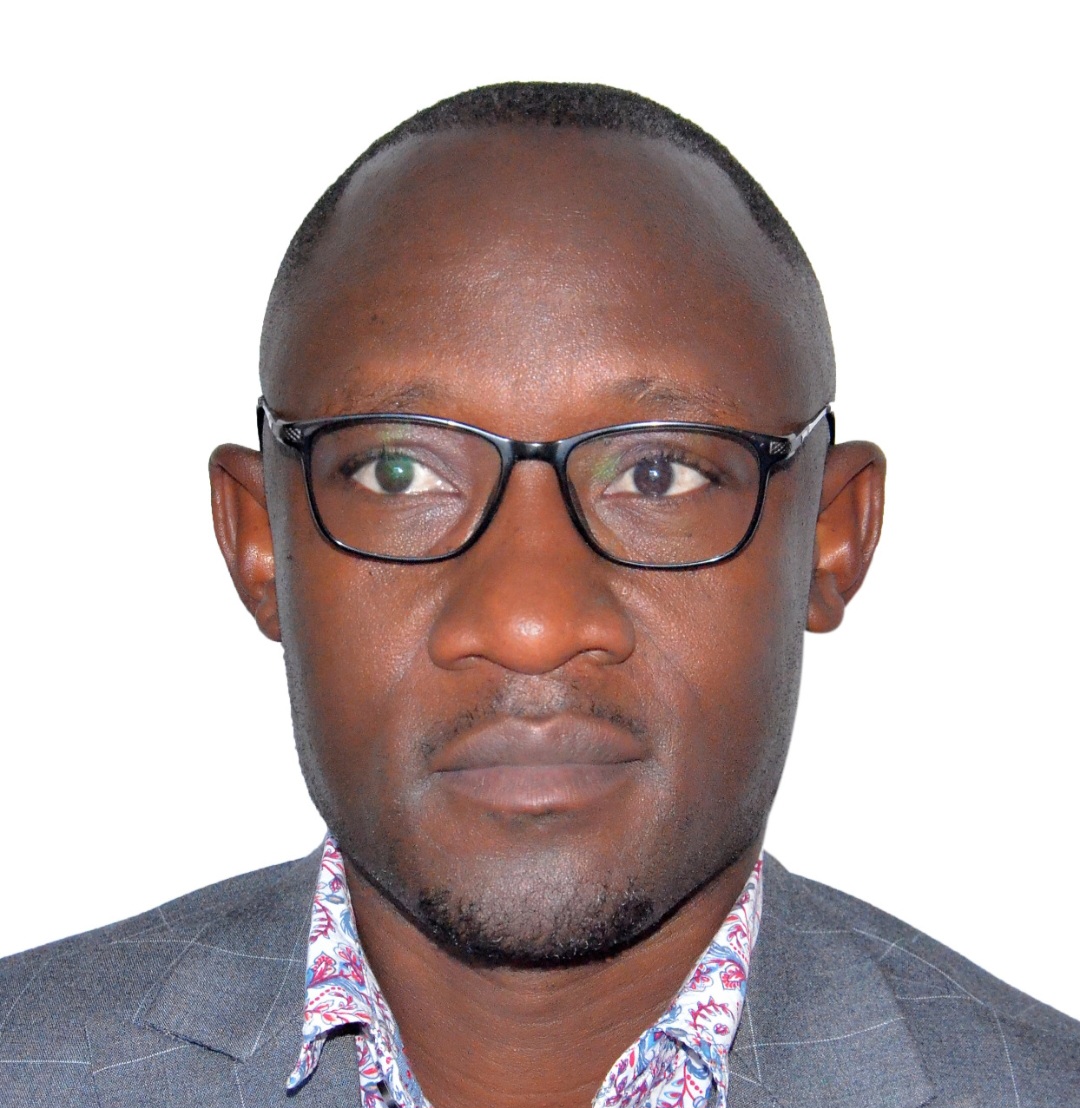In Uganda today, a troubling trend is unfolding one that strikes at the very heart of justice, governance and professional integrity. Two senior executives of the Kampala Capital City Authority (KCCA), including the Deputy Executive Director (DED) and the Executive Director (ED) find themselves at the center of criminal prosecution over the tragic collapse of the Kiteezi Landfill (KLF).
Yet a closer examination of the facts reveals a case that is not rooted in law, evidence or causation, but one that is based on optics, institutional deflection and political expedience. Many are beginning to perceive the state case and approach to this whole thing as one motivated by desire to persecute as opposed to prosecute the two officials against whom not much wrongdoing has been approved as yet.
The prosecution alleges that the duo failed in their duties to prevent the collapse of KLF, an aging landfill that had long exceeded its operational capacity and whose environmental license expired over a decade ago-and the same was repeatedly communicated to all decision-makers in government for over 15 years since the days of Jeniffer Musisi. The disaster, while deeply regrettable, was not sudden; it’s something that many saw coming. It was a slow-motion failure, signposted in reports, strategic plans and official warnings for over 15 years. KLF was a ticking time bomb of accumulated neglect, regulatory complacency and fiscal abandonment.
Instead of investigating the full spectrum of institutional actors who enabled this crisis, from national regulators like NEMA, to funding agencies such as the Ministry of Finance, to oversight bodies including Parliament and Cabinet, the prosecutorial spotlight has been directed narrowly and unfairly to merely fix and sacrifice the two ex-KCCA executives. The ED and DED, who had no operational command over landfill mechanics, no budgetary power to initiate emergency interventions without approvals and no delegated responsibility from the competent directorate, are now being accused not for what they did, but for where they stood.
It’s important that Ugandans collectively shine a torch of scrutiny on the prosecutorial overreach at the heart of this case. They must also dissect the flimsy legal foundations of the charges, debunk the misrepresentation of institutional roles and unpack the broader danger of criminalizing leadership in the public service. They must also ask a critical question: If those who act within their mandate, escalate issues through the correct channels and propose solutions are criminalized for institutional failures they could not prevent, what kind of governance culture are we creating as a country?
We must collectively seek answers that will define the future of Uganda’s civil service, its fight against corruption and the integrity of its justice system because the stakes could not be higher.
Do you have a story in your community or an opinion to share with us: Email us at Submit an Article









